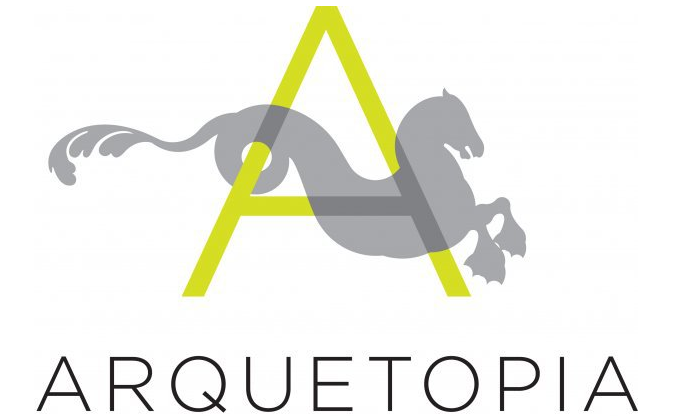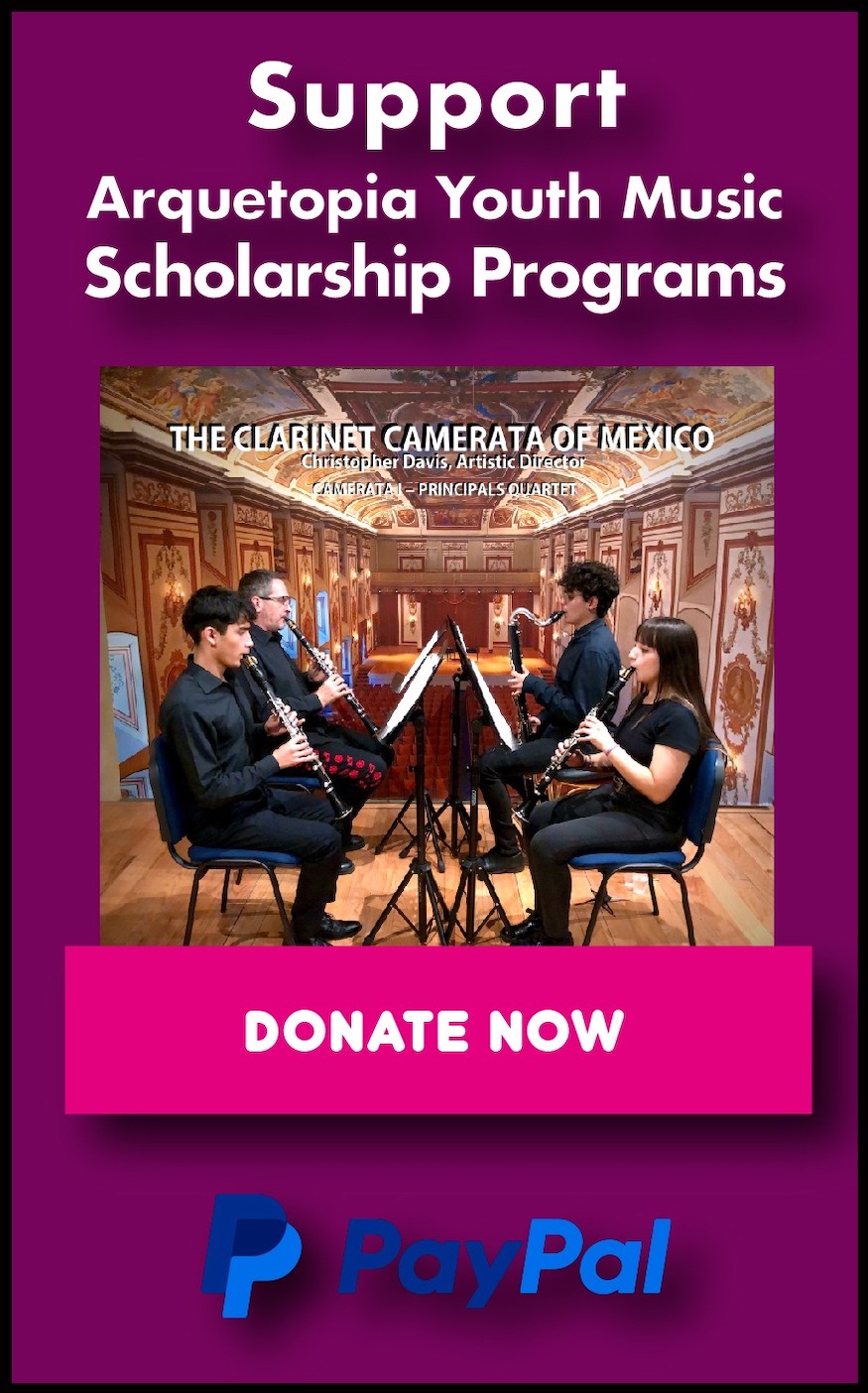Special Thematic Residency Programs
Location: Puebla, Mexico
1. ARQUETOPIA IMMERSIVE LEARNING PROGRAM
Day of the Dead
Program Dates: October 21 to November 4, 2024 (2 weeks)
OR October 21 to November 11, 2024 (3 weeks)
Program Dates: October 21 to November 4, 2024 (2 weeks)
OR October 21 to November 11, 2024 (3 weeks)
Why is the concept of death so integral to our understanding of our experiences? From its profound implications with collectivity, to the grief experienced when losing loved ones, death has consistently been a central question in our shared history. In Mexico, the annual festivities of Day of the Dead occur at the end of October and the beginning of November symbolizing the culmination of the maize cultivation cycle, and the temporary return of deceased relatives and beloved individuals to Earth.
The Arquetopia Immersive Learning Program focuses in the significance of the Day of the Dead as a cornerstone of national identity, rooted in indigenous wisdom, and explores its impact on the development of Mexican modern art, as well as its transformation into a secularized element of popular culture. The program examines the performative nature of rituals in Mexico, with a particular focus on the mortuary celebrations. Within the context of this national holiday participants will engage in practical Spanish language lessons, culinary exploration, and hands-on art learning fostering a multidisciplinary approach encompassing art creation, culinary arts, and linguistic practice. Moreover, the program prompts critical inquiry into themes of eternity, nationalism, and identity, challenging preconceived notions surrounding death as a national symbol and questioning its portrayal as a morbid facet of identity construction.
The Arquetopia Immersive Learning Program: Day of the Dead is a two-week intensive experience designed to provide competitive professional opportunities for emerging and mid-career artists, curators, art historians, and students aged 20 and over, from around the world. This distinctive program offers critical perspectives on the representation of death in Mexico as a foundational element of national identity. By delving into the myths surrounding its origins, the program offers participants a nuanced understanding of the Day of the Dead celebrations. Its objective is to equip participants with the analytical tools necessary to comprehend the performative nature of these rituals, exploring intricate facets such as emotional portrayals, material culture, and the evolving historical significance of death. Participants will also have the opportunity to contextualize their own artistic practices by learning papier mâché techniques directly related to the creation of ofrendas (altars), which are central to the celebration of the Day of the Dead.
PROGRAM INCLUSIONS: 2-WEEK PROGRAM
The 2-week program includes 8 hours of instruction in Day of the Dead ephemeral art techniques, including paper, installation, and the edible dimension of the altar; as well as an exploration of José Guadalupe Posada’s imagery. Participants will have the opportunity to join guided tours and visits to prominent museums in Puebla, altars, graveyards, or relevant sites. Alongside these artistic endeavors, attendees will engage in 20 hours of Spanish language lessons, divided into 8 hours of grammar, 6 hours of conversation practice, and 6 hours of immersive on-site language practice. They will also embark on food tours, a total of 4 hours, to savor the culinary delights of the region and spend 6 hours on academic visits to museums, altars, graveyards, and other relevant sites. Furthermore, participants will benefit from 2 hours of artistic mentoring sessions. Activities are designed to promote intense creative work and artistic dialogue; therefore, artists are expected to allocate self-directed studio hours as part of their weekly schedule. Reading materials are provided in English and workshop instruction is in Spanish.
PROGRAM INCLUSIONS: 3-WEEK PROGRAM
The 3-week program includes 12 hours of instruction in Day of the Dead ephemeral art techniques, including paper, installation, and the edible dimension of the altar; as well as an exploration of José Guadalupe Posada’s imagery. Participants will have the opportunity to join guided tours and visits to prominent museums in Puebla, altars, graveyards, or relevant sites. Alongside these artistic endeavors, attendees will engage in 30 hours of Spanish language lessons, divided into 12 hours of grammar, 9 hours of conversation practice, and 9 hours of immersive on-site language practice. They will also embark on food tours, a total of 6 hours, to savor the culinary delights of the region and spend 9 hours on academic visits to museums, altars, graveyards, and other relevant sites. Furthermore, participants will benefit from 3 hours of artistic mentoring sessions. Activities are designed to promote intense creative work and artistic dialogue; therefore, artists are expected to allocate self-directed studio hours as part of their weekly schedule. Reading materials are provided in English and workshop instruction is in Spanish. Materials are provided for the instructional course.
BOTH THE 2-WEEK AND 3-WEEK PROGRAM
Staff Support:
- Each resident artist meets weekly with our directorial and curatorial staff for personalized mentoring, research assistance/resources, project guidance, and critique
- Furnished, private bedroom
- 24-hour access to the kitchen for residents to prepare their own meals; residents are responsible for their own meals/food
- Wireless Internet
- Use of Arquetopia’s residency common spaces including outdoor terraces
- Shared, serviced (single) bathrooms with modern fixtures and showers
- Housekeeping
- 24-hour access to large and bright, shared art studio with generous natural light
- Personal workspace with large table and wall space
- Some tools provided
- Materials and supplies for the instructional course provided
- Materials and supplies for extended project production are not included but are available for purchase locally
RESIDENCY DURATION / TIME PERIOD
Sessions of 2 or 3 weeks. Start date October 21, 2024.
RESIDENCY PROGRAM TUITION INFO & APPLICATION DEADLINES
E-mail This email address is being protected from spambots. You need JavaScript enabled to view it. for program tuition info and application deadlines for this program.
TO APPLY
Click here to apply for this instructional residency program.

Click here to apply for this instructional residency program.

2. ARQUETOPIA IMMERSIVE LEARNING PROGRAM
The knowledge of plants in the Americas, deeply rooted in non-dominant epistemologies, offering a different approach to the notions of wellbeing by putting an emphasis on the relationships we establish with the environment. Drawing on diverse knowledge systems and native practices, herbalists cultivate a profound understanding of the interconnectedness between humans and the natural world. However, the historical relationship between plants and “Empire” has left a complex legacy, marked by the exploitation of botanical resources by colonial powers for economic gain and geopolitical control. This exploitation has often led to the erasure or marginalization of autochthonous knowledge via the prioritization of pharmaceutical interests over plant-based remedies. Moreover, agnotology, the study of culturally induced ignorance, highlights how knowledge about plants and their properties have been manipulated or suppressed to serve political, economic, or ideological agendas. Arquetopia Immersive Learning Program navigates a space where the pursuit of holistic practices intersects with efforts to decolonize healing practices, notions of the body and challenge dominant capitalistic paradigms of knowledge production and dissemination. Through reclaiming and revitalizing ancestral wisdom, helps identify diverse sources of knowledge to aid in the promotion socio-environmental justice and fostering a deeper connection with the diversity of environments.
The Arquetopia Immersive Learning Program: Botany and the Mapping of Ignorance is a two-week intensive experience designed to provide competitive professional opportunities for emerging and mid-career artists, curators, art historians, and students aged 20 and over, from around the world. This distinctive program offers critical perspectives on non-dominant epistemologies and the diverse uses of plants. By delving into the complex relationship between plants and "Empire" and its legacy of colonial exploitation of botanical resources for economic gain and geopolitical control, the program challenges the notion of "traditional knowledge" versus science. It scrutinizes this dichotomy as a system that centers exploitation through the erasure of indigenous knowledges, while also reevaluating the concept of "the natural" to understand relationships with ecosystems as a complex symbiotic network.
The objective of the program is to equip participants with the analytical tools necessary to understand the concept of interspecies kinship and the ethical questions related to life, while introducing them to the knowledge of local plants from Mexico, their historical significance, and their complex uses. Participants will also have the opportunity to contextualize their own artistic practices by learning about herbalism and the uses of native plants, which are central to understanding non-dominant epistemologies. Through this interdisciplinary approach, the program fosters a deeper understanding of the intersections between art, culture, and local knowledge, inviting participants to engage critically with their creative practices within broader socio-environmental contexts.
PROGRAM INCLUSIONS
This two-week program encompasses a comprehensive structure aimed at enriching participants' understanding of herbalist techniques and local plant knowledge, including their historical significance, all approached through the lens of agnotology. Participants will engage in 8 hours of instructional sessions, complemented by guided tours and visits to prominent botanical gardens, markets, and local stores in Puebla.
In addition to these immersive learning experiences, attendees will partake in 20 hours of Spanish language instruction, comprising 8 hours of grammar, 6 hours of conversation practice, and 6 hours of immersive on-site language practice. Cultural tours, totaling 4 hours, will provide further insights into the local flora, while academic visits to gardens, markets, and relevant sites will occupy an additional 6 hours. Furthermore, participants will benefit from 2 hours of artistic mentoring sessions tailored to their creative development.
Activities are thoughtfully designed to foster intense creative work and artistic dialogue, with participants expected to allocate self-directed studio hours as part of their weekly schedule. Reading materials are provided in English, while workshop instruction is conducted in Spanish, ensuring a rich and immersive learning experience for all involved.
Staff Support:
- Each resident artist meets weekly with our directorial and curatorial staff for personalized mentoring, research assistance/resources, project guidance, and critique
- Furnished, private bedroom
- 24-hour access to the kitchen for residents to prepare their own meals; residents are responsible for their own meals/food
- Wireless Internet
- Use of Arquetopia’s residency common spaces including outdoor terraces
- Shared, serviced (single) bathrooms with modern fixtures and showers
- Housekeeping
- 24-hour access to large and bright, shared art studio with generous natural light
- Personal workspace with large table and wall space
- Some tools provided
- Materials and supplies for the instructional course provided
- Materials and supplies for extended project production are not included but are available for purchase locally









